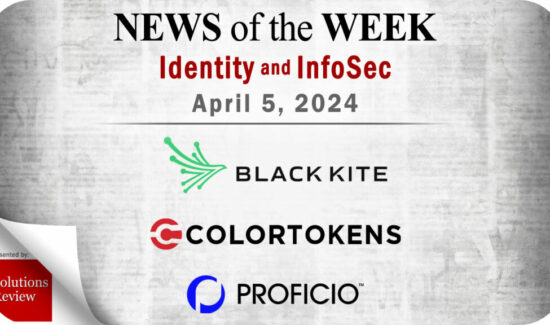Expert Commentary on Safer Internet Day for Businesses


Today, we celebrate Safer Internet Day. This holiday, with the stated goal of creating a safe and stimulating online environment, may appear focused on consumer safety rather than business cybersecurity.
However, organizations can also benefit from the wisdom pervading Safer Internet Day; after all, the best practices consumers need and those your employees need to operate the Internet safely seem remarkably similar. Your employees need to recognize threats and avoid them adequately to complete your workflows. Further, your customers demand enterprises keep their data safe, which requires more awareness and better cybersecurity practices.
The editors at Solutions Review spoke to a few experts to glean best practices befitting Safer Internet Day. Here’s what we learned.
Expert Commentary on Safer Internet Day
Emil Hozan
Emil Hozan is Security Analyst at network security company WatchGuard Technologies.
“One online threat that everyone should be aware of is phishing. Phishing is a hacking tactic where an attacker will send people misleading emails to trick them into doing something against their best interests, like entering their username and password into a fake site so the attacker can steal their credentials, or clicking on a malicious link that goes to a website that spreads malware.”
“To avoid phishing attacks, always use caution when clicking links or opening files in emails, especially if the email is from an address you don’t recognize, or you are not expecting. Things to look out for are: misspellings or generic introductions. You can also compare known valid emails from services (such as a Netflix signup confirmation versus a new email claiming to be from Netflix). When in doubt, manually type your intended destination into your browser’s search bar to reduce risk.”
“Another way everyone can improve their security is by using a password manager to create unique passwords for each of their online accounts and using multi-factor authentication wherever possible. It is best to use a web site’s maximum password length and use the characters it’s looking for. Most password managers can create unique passwords of varying degree – be sure to utilize this for each account you have, and assign a unique password for each online account.”
“In addition to a password manager, everyone should use MFA to protect their important online accounts. It’s the most effective way for organizations to verify the identity of people trying to access their network and protect it from attacks that use lost or stolen passwords. The large number of major data breaches and public password dumps over the last several years means that lost and stolen passwords are easily available to attackers. 81% of cyber attacks worldwide rely on exploiting these lost or stolen passwords.”
Cindy Provin
Cindy Provin is Senior Vice President of Entrust Datacard and General Manager of nCipher Security.
“We’re seeing heightened vigilance surrounding data integrity and security from the largest to the smallest businesses. That’s with good reason. The potential for malware, viruses and other cyber threats continues to grow as we all become increasingly digitally dependent.”
“Nearly every organization is exposed and vulnerable, and 62% of Americans want companies to make security more reliable. Following security best practices such as weaving encryption, secure identities, and key management into the fabric of business processes is a great way for organizations to safeguard their own—and their customers’—data and do their part to keep the internet safe.”
Thanks to our cybersecurity experts for their thoughts on Safer Internet Day. For more best practices, be sure to download our Identity Management Buyer’s Guide.
Widget not in any sidebars























